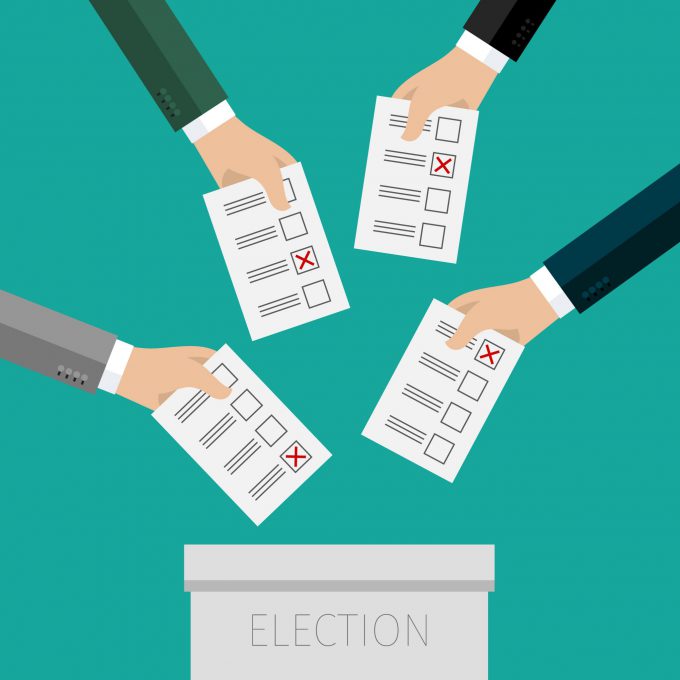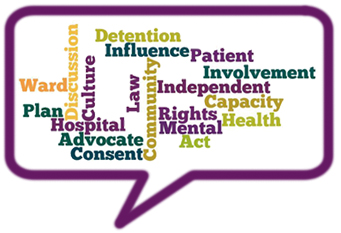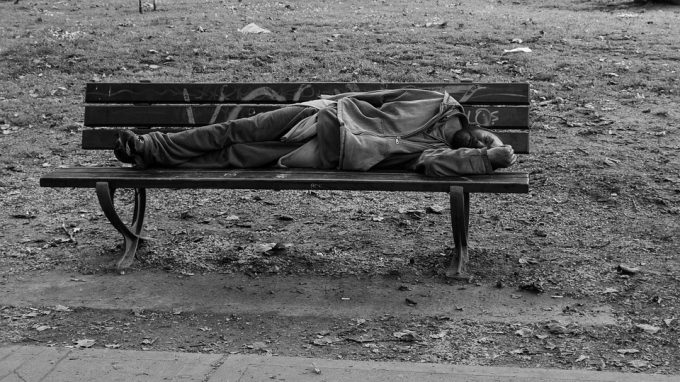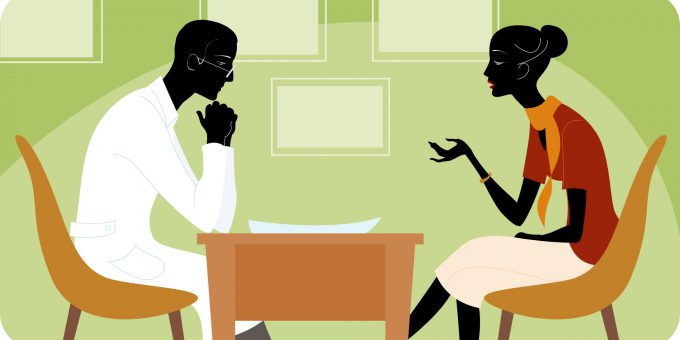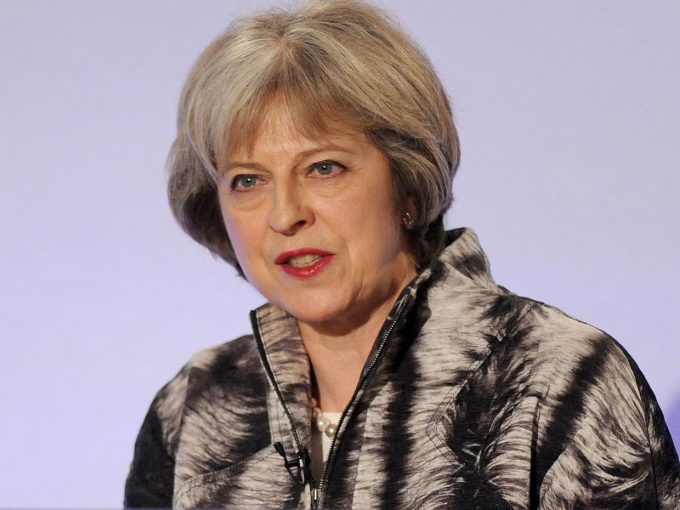In this show we look at how professionals working in mental health relate to their own experiences of distress. Can a worker’s own history of difficulties enrich their practice? Or […]
Podcast: It’s not over till the Queen’s Speech (and maybe not even then)
John McGowan, Angela Gilchrist and Rachel Terry discuss the 2017 UK General Election campaign and its uncertain aftermath. In this edition our panel offer some thoughts on the 2017 […]
Podcast: Against Your Will – Compulsory Powers in the Mental Health System
John McGowan, Anne Cooke, Angela Gilchrist, Rachel Terry and Emma Rye discuss involuntary treatment in mental health. In this edition we discuss the compulsory powers available in the mental […]
Podcast: Theresa May’s speech, mental health, and suicide prevention
John McGowan, Anne Cooke, Angela Gilchrist and Rachel Terry discuss suicide prevention and mental health policy. In this edition we focus on the Prime Minister’s speech making mental health policy […]
Podcast: Does poverty harm your mental health?
John McGowan, Anne Cooke, Angela Gilchrist and Rachel Terry discuss the effects of poverty and inequality on happiness and mental health. In this discussion we focus on two reports. The […]
Podcast: Does Therapy do you Good?
John McGowan is joined by Angela Gilchrist, Anne Cooke, Fergal Jones and Rachel Terry to discuss questions related to whether psychotherapy is helpful or not. If it is then […]
The Fascination of What’s Difficult
Angela Gilchrist reflects on the coronation of Theresa May as Prime Minister Britain’s new Prime Minister, Theresa May, is confronted by a great many challenges, Brexit being just one. But […]
Tony Blair – A tragic hero?
Angela Gilchrist The release of this week’s damning Chilcot report means the ghosts of the war in Iraq may never be laid to rest. Much despised since his decision to […]
Brittle England
In the aftermath of the UK’s vote to leave the European Union, three psychologists reflect on complacency, emotional decision-making and how we might reconcile.

